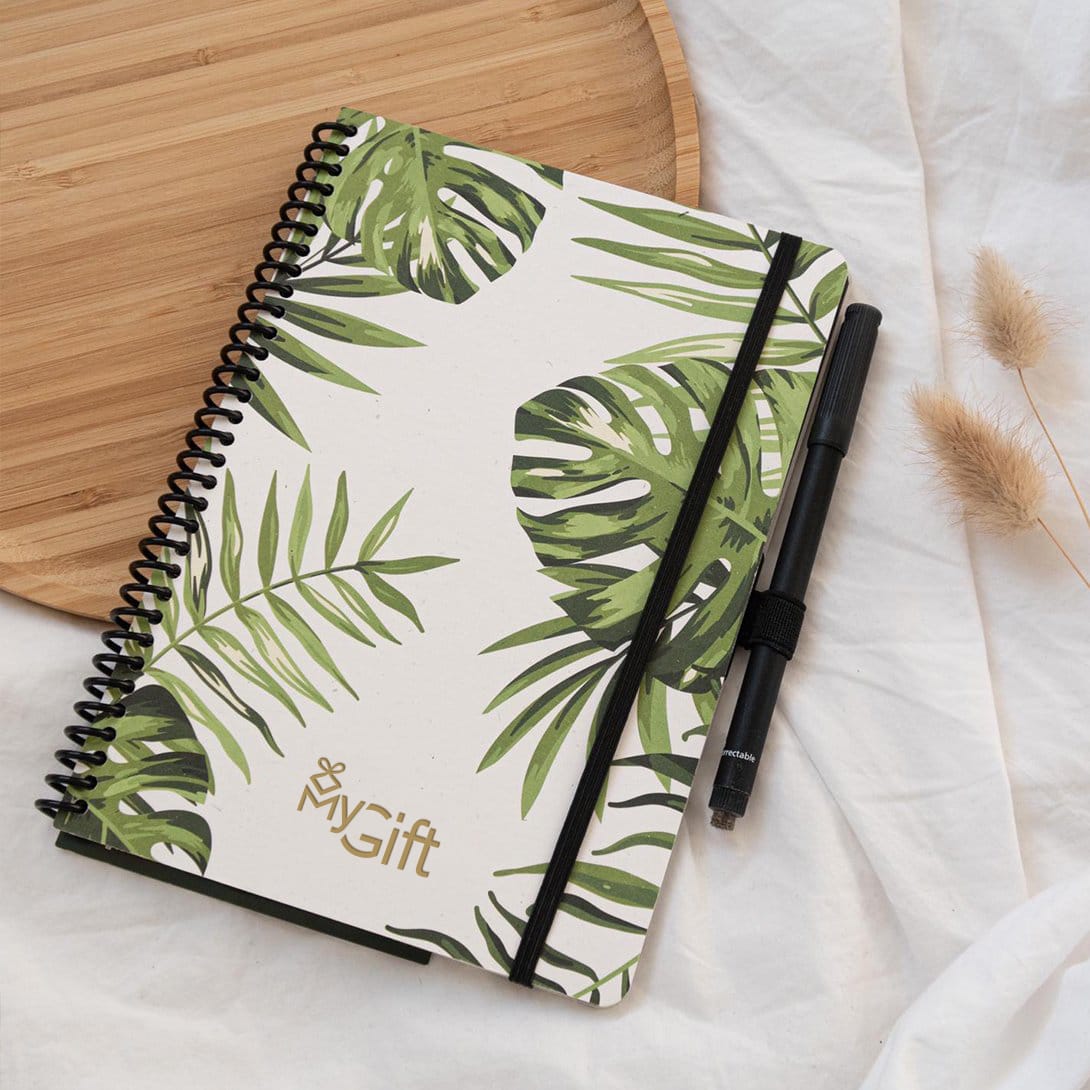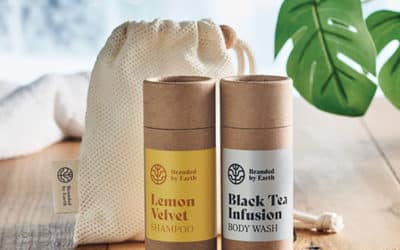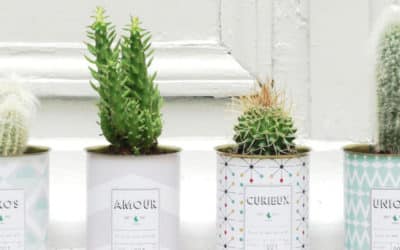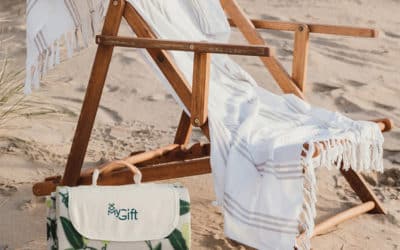
ORGANIC COTTON, HEMP, BAMBOO… EXPLORE THE LATEST IN ECO-FRIENDLY GOODIES.
At the heart of your Corporate Social Responsibility (CSR) initiative and with unanimous support from your team, your communication aims to be resolutely eco-responsible and ethical, without compromise!
Are you pondering alternatives to incorporate promotional items or sustainable goodies into your marketing strategy while avoiding the use of polluting materials? My Gift offers you an overview of various eco-friendly, durable, high-quality, recycled, or recyclable materials! Whether you’re considering organic cotton, bamboo, stainless steel, hemp, rPET, or cork, discover all the essential information about these environmentally friendly materials.
Recycled organic cotton: preserving water
Opt for organic or recycled cotton, a true textile star; cotton is the most used textile material in the world of goodies. Unfortunately, conventional cotton farming requires thousands of liters of water. That’s why the goodies agency My Gift encourages the alternative of organic or recycled cotton, which is more respectful of our ecosystem.
Bamboo: trendy vegetal goodies
As an Asian-origin material, bamboo is an excellent alternative to plastic. And good news, this plant is completely biodegradable. Unlike wood, bamboo requires very few resources to grow. The grass plant naturally proliferates and only consumes 1,000 mm of water per year. An ecological and inexpensive raw material, bamboo can be used in textile goodies, innovative corporate gifts or for trendy office accessories. Bamboo-made goodies bring aesthetic and sustainable value to your communication.
Hemp: for ecological textiles made in france
Hemp is one of the oldest and most ecological textile fabrics. Derived from Cannabis Sativa L, a plant related to cannabis, hemp is a fast-growing plant that is naturally resistant to pests. Its cultivation requires less fertilizer, and producers are thus encouraged not to use any pesticides. It is usually grown in 100% organic conditions, making it very eco-friendly! Another advantage of hemp is that France is now its largest producer. This is beneficial for the carbon footprint of the material produced in our regions. As for the hemp fiber production process used in textile goodies, it is also sustainable, and these organic fibers are 100% recyclable.
Stainless steel: for elegant and durable goodies
Increasingly used to replace plastic in everyday objects, such as water bottles, mugs, cutlery, stainless steel represents an ecological, durable, and high-quality alternative.
Stainless steel is 100% recyclable, containing no polluting or toxic substances. Resistant to shocks, UV rays, scratches, and lightweight, it is perfect for nomads. Free from all chemicals, stainless steel offers a smooth surface that does not retain bacteria.
Recognized for its high quality, stainless steel is the best material for transporting hot or cold food or drinks. Adopting stainless steel in goodies promotes a healthier, more ecological, durable, and zero-waste daily life! Additionally, its modern and elegant appearance makes it an aesthetic choice for many promotional items, adding a touch of sophistication to your communication.
Rpet: zero-waste recycled plastic
Behind this relatively unknown English acronym for “recycled polyethylene terephthalate” hides a recycled plastic material that is entirely respectful of our planet.
You probably know PET, the most common recyclable plastic, often used for bottling. RPET is its recycled version! Derived from the circular economy of PET plastics recycling, this material is obtained by collecting, compacting, grinding, and reducing used PET packaging into flakes.
These are then melted into pellets that can be reused to form new packaging. Nothing is wasted, everything is transformed! In addition to reducing waste by recycling it, the production of RPET involves lower CO2 emissions and uses less oil than its predecessor. RPET represents a considerably more ecological and resource-preserving production alternative.
Cork: aesthetic and ecological
Cork, extracted from the bark of the cork oak without cutting down the tree, may evoke the song of cicadas and inspire in you the desire for a glass of Bordeaux?
Excellent news, it also constitutes a noble material for your goodies! Mainly found in the Mediterranean region, particularly in Spain, Portugal, Morocco, and Algeria, cork is rarer in France. Cork oak forests, maintained for harvesting, are essential green lungs in these arid regions.
Furthermore, cork pruning at regular intervals stimulates tree regeneration, encouraging it to absorb more CO2, thereby contributing to the fight against the greenhouse effect.
In addition to these significant ecological arguments, cork possesses numerous qualities: aesthetic, resistant, natural, and biodegradable. It is often used as an alternative to leather due to its optimal lifespan, water resistance, stain resistance, and tear resistance. Today, a wide range of choices is available for those who wish to opt for cork, whether for ethical, ecological, or simply aesthetic reasons, including leather goods, stationery, shoes, and more.
Contact us to get your free custom quote
These news may interest you aswell
How to Choose Truly Eco-Friendly and Sustainable Promo Items in Switzerland
Ready to contribute to positive change and offer eco-friendly promo items? Embodying your...
Green Trend: Integrate Nature into Your Office with Plant-Based Goodies
Offices: Bring Nature Indoors and Boost Employee Well-Being with Green Plants Today, let's dive...
The Selection of Goodies That Smell Like Summer and Sandy Beaches
Our experts present a selection of perfect goodies for summer 2024! May’s long weekends are over,...





